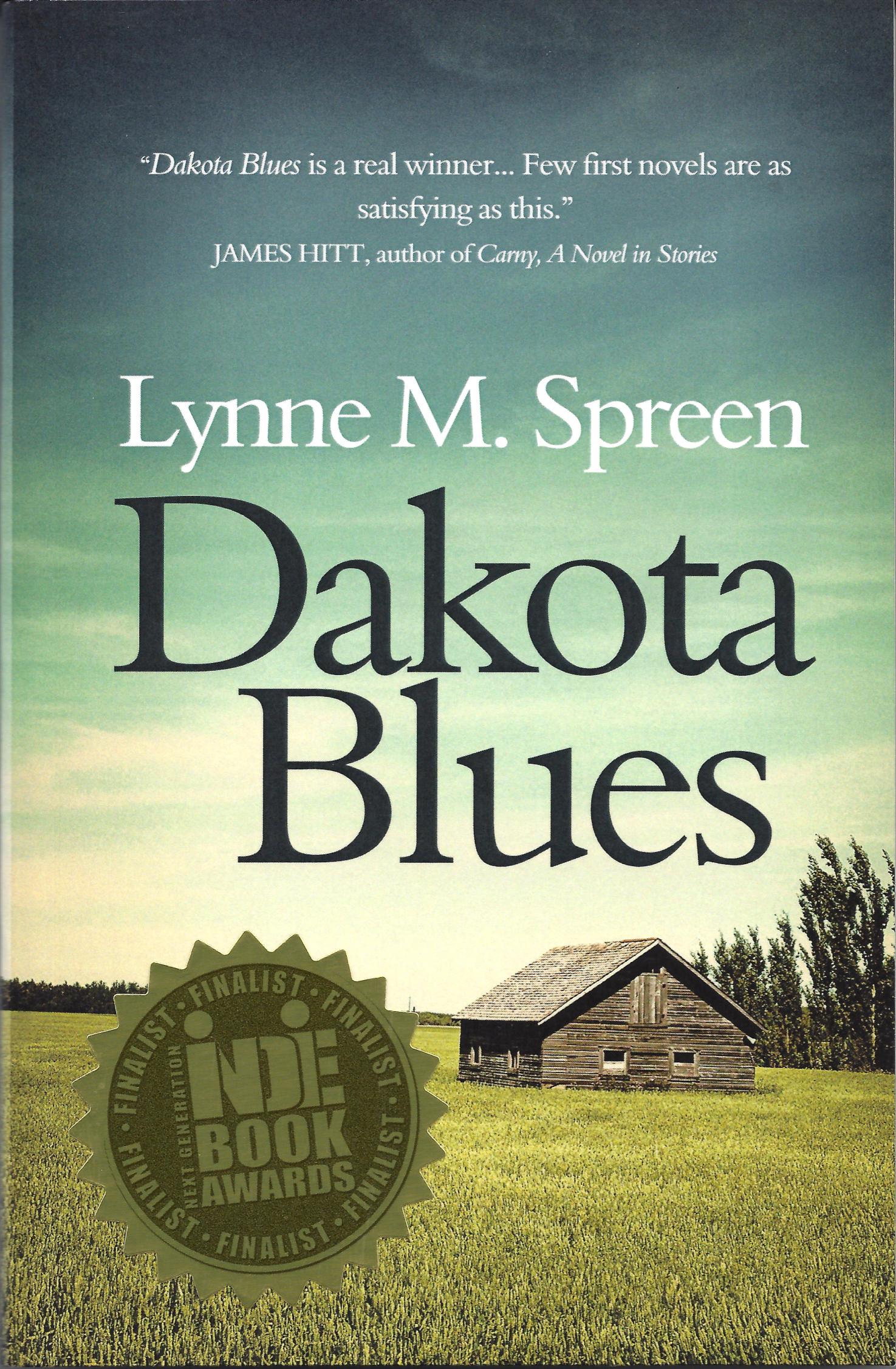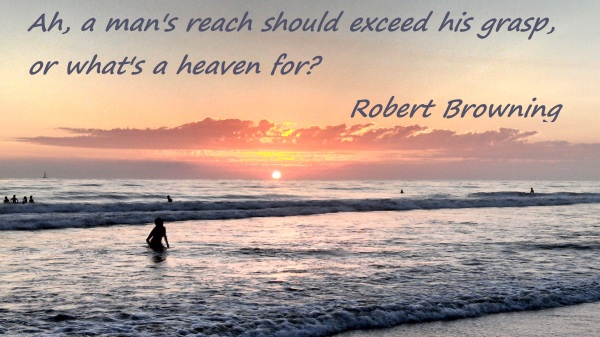I’ve spent my life denying it, but now that I’m older, I have to raise the white flag. Women can be backstabbers. Before you respond in horror, let me explain.
 A few weeks ago we talked about women undermining and sniping at each other, and I said that, while I hate to think it’s anything more than sour grapes, I found out there actually is some basis in fact for this behavior. I said I would do some research and get back to you. Okay, I’m no sociologist, and my research consisted of finishing the very good book, In the Company of Women – Indirect Aggression Among Women: Why We Hurt Each Other and How To Stop.
A few weeks ago we talked about women undermining and sniping at each other, and I said that, while I hate to think it’s anything more than sour grapes, I found out there actually is some basis in fact for this behavior. I said I would do some research and get back to you. Okay, I’m no sociologist, and my research consisted of finishing the very good book, In the Company of Women – Indirect Aggression Among Women: Why We Hurt Each Other and How To Stop.
The good news is that women are able to accomplish SO much together, and when they support each other, are unstoppable!
The bad news is, women are different from men, which means, they’re different from what you think you know, because usually the researchers study men, especially in the workplace. Lots of us women try to act like men as we climb the corporate ladder, and that makes life even more difficult. We struggle and sometimes fail without knowing why. We’re discouraged and confused, but if you find the work of Drs. Pat Heim and Susan Murphy believable, there’s a logical reason for the difference, and while the authors have documented their assertions exhaustively, I think you can boil it down to this:
Men relate to each other hierarchically, whereas women relate to each other as peers.
Men form a team, fight for their positions in the hierarchy, and then settle in, happy to know where they fit. The leader may not be liked or even respected, but everybody accepts that he’s in the driver’s seat. If a guy decides to make a run for the top, there’s bloodletting, but once he gets there, everybody settles down again. Think of male herd animals fighting for the right to mate and I think you’ll get the idea.
But women! Women aspire to a horizontal structure. Think of, again, a herd of females. They guard each other. They eat together. In most species, their babies are born at the same time and defended collectively. I know we’re not horses or antelope, but consider this: with very few exceptions, we like to think we’re all equal. If a woman does something to rise above other women, or appears to think more highly of herself than is considered seemly, look out! The authors assert that, in the corporate setting, higher-level women have to make sure the lower-level women receive some kind of emotional or status-related compensation in order to maintain balance in the power relationship. Otherwise, they’ll see her as too big for her britches and make sure she fails.
I would go into more detail, but there isn’t enough space in this post. Below, I’ll list the points I found amazing or profound, and you can let me know if you’d like me to elaborate on any of them in future posts. In any case, you can read the book. It’s fascinating, and it’s written by women, in a way that is very respectful OF women.
- Women are somewhat more comfortable with a powerful woman who plays down her importance than one who does not.
- For a positive relationship to be possible between two women, the self-esteem and power of both must be approximately even. (There are exceptions, as in a mentoring relationship.) This is called the “Power Dead-Even Rule,” and although it has profound impacts on all female relationships, it is invisible to most women.
- The female stress response (“tend and befriend”) results in the release of oxytocin, a calming chemical. In times of stress, women seek out other women with whom to commiserate, which is great for their mental health, but tends to get the team all riled up against the person who caused the problem in the first place. Hence cliques and sabotage develop. (If the source of the stress is a woman, OMG. What a nightmare. As the new VP of Something, she’s trying to fit in with the largely male brass and probably doesn’t even know about the Power Dead-Even Rule, poor thing. She’s trying to rule like a man and unknowingly shooting herself in the Louboutin.)
- The authors propound what they call “chip theory,” in that individual women hold a certain number of chips (positive attributes or actions). Beauty is a chip. Wealth is a chip. A high-level career is a chip. Poise is a chip. A great husband is a chip, as are teenagers who don’t steal cars or get drunk in public. Chips are constantly exchanged with others to maintain even stature between women, and we do this naturally. If you get a compliment, chances are you’ll put yourself down in response, so as to keep the complimenter feeling good, too. That’s chip management, and it’s the strategy we use, consciously or not, to adhere to the Power Dead-Even Rule.
- The authors, who have trained over 20,000 people in Fortune 500 companies, say they often hear frustration from upwardly-mobile women who “don’t have time for such foolishness.” The authors respond: you can pay now or pay later, and later is when you lose control over the situation. Women have been fired for failure to succeed, and often, nobody can figure out why! But the “why” is that they were pulled under and drowned because they didn’t understand what their sisters needed.
- Most women care deeply about other women. We are all in this together. Without women in our lives, we feel lonely and incomplete, but nearly every one of us bears the scars of being attacked by other women, sometimes en masse, and we were disillusioned and discouraged over it.
Bottom line, there are biological, psychological, social and cultural reasons why women relate to each other the way we do, and you can ignore it, or you can decide to add the knowledge to your skill set and save yourself a lot of grief. There’s more to this book than what I’ve written, including some great self-tests and suggested strategies. I absolutely recommend it.
In other news…
Since Dakota Blues was published, I’ve been honored to have been interviewed by some fantastic bloggers! I don’t want to play favorites, because I’m grateful to each one for their interest and for letting me share their space. You might want to check them out in any event because they are kindred spirits, women journeying on paths similar to yours. Here they are:
Kathy Pooler’s blog, Memoir Writer’s Journey
Daisy Hickman’s blog, Sunny Room Studio
Joyce Richman’s blog, ActThreeDotNet
Deb Haupt moderating the General Fiction Forum on B&N.com
Carol Mann’s blog on Writing, Creativity and Other Phenomena
























